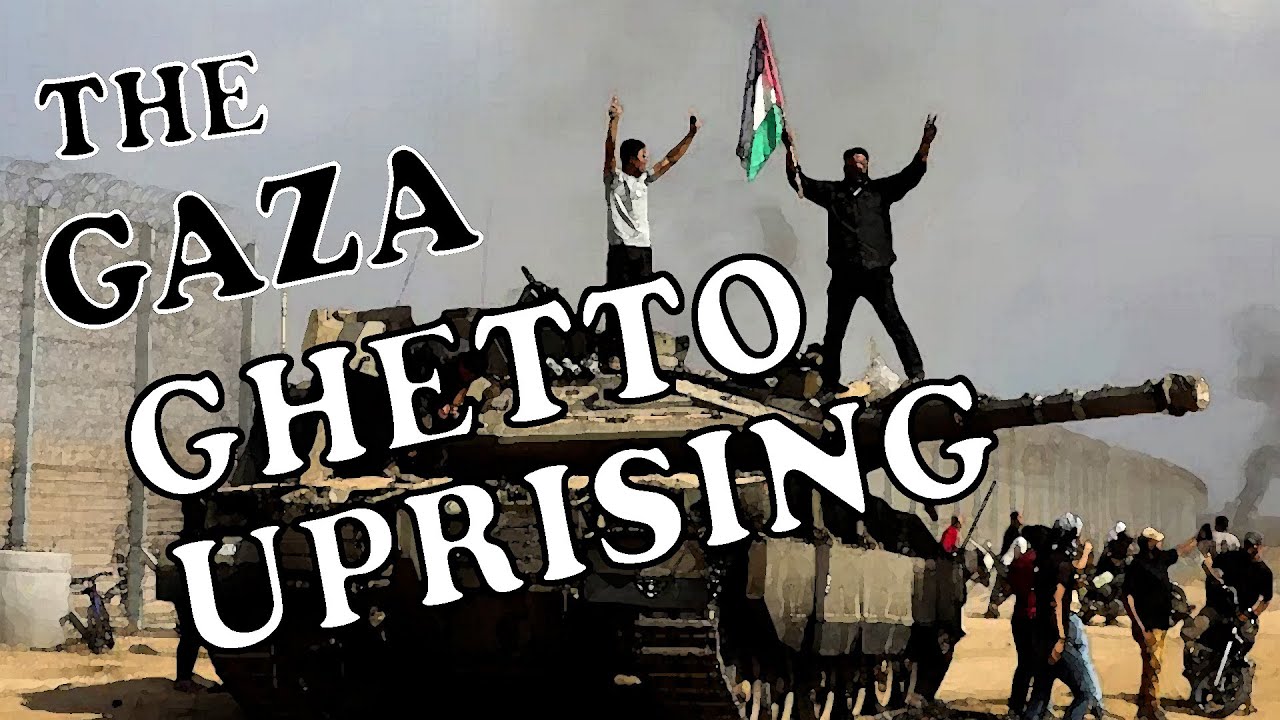
Some nice final remarks
In his “Eight Rules and Insights on the Nature of War” Basil said: “every Palestinian (in the broad sense, meaning anyone who sees Palestine as a part of their struggle, regardless of their secondary identities), every Palestinian is on the front lines of the battle for Palestine, so be careful not to fail in your duty.” This is very reminiscent of Fanon’s understanding of Algerian as an inclusive revolutionary subjectivity, one that is available to anyone who chooses to participate in the liberation struggle , where “friends and enemies” are determined by what they do, not by who they are in terms of colonial constructions of race and identity. In this framing, Palestinian is not a racial or ethnic category, but a counteridentity available to anyone who participates in the struggle. In a lesser known piece that has yet to fully appear in English, Basil wrote: “I no longer see this as a conflict between Arabs and Jews, between Israeli and Palestinian. I have abandoned this duality, this naïve oversimplification of the conflict. I have become convinced of Ali Shariati and Frantz Fanon’s divisions of the world [into a colonial camp and a liberation camp (he clarifies in a footnote)]. “In each of the two camps, you will find people of all religions, languages, races, ethnicities, colors, and classes. In this conflict, for example, you will find people of our own skin standing rudely in the other camp, and at the same time you will find Jews standing in our camp.” If, as per Basil and Fanon, the broad resistance would be able to distinguish friends and enemies based on “the choices they make,” on their actions and commitments, rather than their identity and “race,” then counterinsurgent psychological operations that pit people against each other and diffuse collective action might be halted at the point of implementation, enabling a more resilient movement trajectory at the heart of Empire
I found a YouTube link in your post. Here are links to the same video on alternative frontends that protect your privacy:


